
Is it really “the most wonderful time of the year”?
For a time of year that’s supposed to be one of the happiest, the holidays have the potential to cause a lot of stress and anxiety. Family conflicts, packed schedules, and gift-giving are just the tip of the stress iceberg. But learning how to get through the holiday gauntlet without losing your mind isn’t just nice, it’s essential, says Lisa S. Larsen, PsyD, a licensed psychologist in private practice in Lancaster, California. “High stress means your body is constantly in ‘fight or flight’ mode, which can be damaging to your health in the long run,” she explains. “But when you trigger the relaxation response, your parasympathetic nervous system takes over and helps you rest, digest, and repair yourself.” So be happy and healthy this holiday season you need to start by taking care of yourself. Here’s how.

Get adequate sleep
It’s no secret that our bodies crave rest; fail to get enough, and you’ll have some nasty symptoms. Not only does adequate rest—at least seven to eight hours per night (for most people)—recharge your body for the day ahead, it also gives your nervous system a chance to wind down and reset as well. For those who suffer from anxiety symptoms, a lack of sleep can make you much more anxious. No one wants that kind of stress around the holidays, says Shanon Makekau, MD, chief of pulmonology and sleep medicine at Kaiser Permanente in Hawaii. “When life gets hectic, the first thing that typically gets sacrificed is sleep,” she says. “But poor sleep can lead to impaired immunity, obesity, high blood pressure, heart disease and [type 2] diabetes. Prioritize good sleep, including naps, if you need them.” Go ahead and go to bed early—chances are you’ll be better able to handle whatever comes your way in the morning.
These good sleep tips will guarantee you wakeful days and blissful nights.
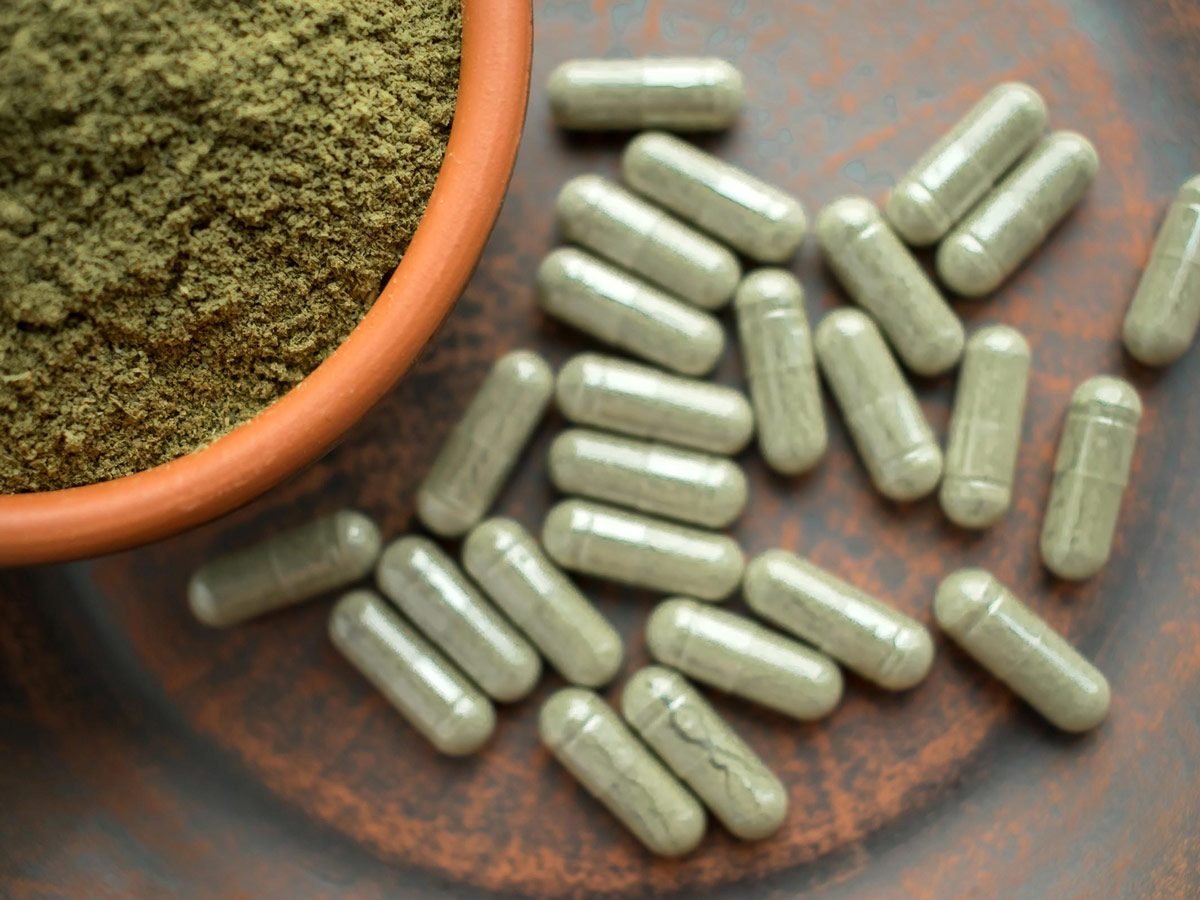
Give your body the nutritional boost it needs
The typical North American diet can leave you short on nutrients your body needs to function at its fullest potential, and sometimes it needs a boost that food is not providing, says Carolyn Dean, MD, ND, a nutrition, diet and health expert and author of The Complete Natural Medicine Guide to Women’s Health. During stressful times such as the holidays or busy seasons, it’s important to pay close attention to cues your body is sending about its status. Supplements such as magnesium, zinc, and fish oil can deliver the nutrients your body needs to keep running efficiently. Magnesium can help to relax muscles and decrease anxiety, zinc can help to boost your immune system during the colder months, and the omega-3 oils in fish oil are powerful anti-inflammatories that can provide an overall sense of well-being, she explains.
This easy chart will tell you which fish have the most omega-3s.
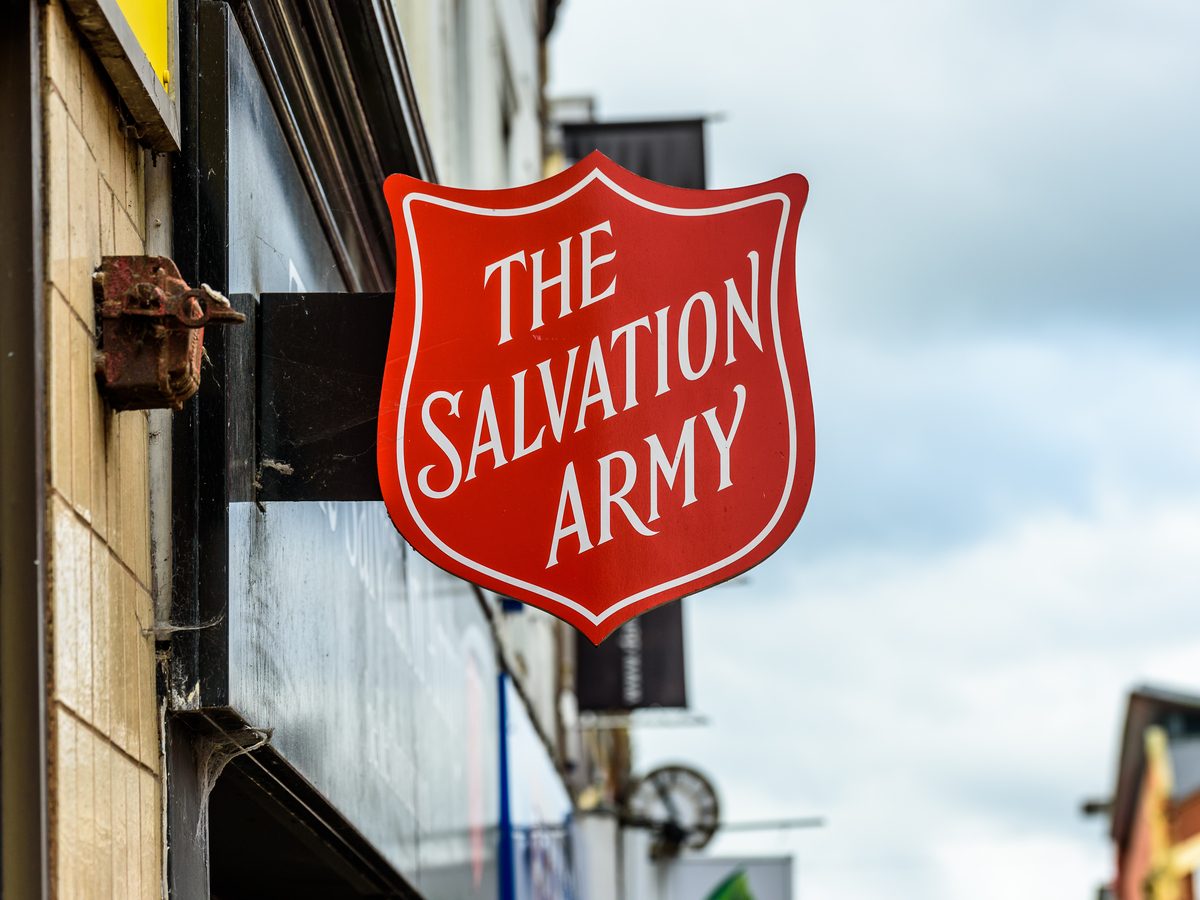
Be charitable
This holiday season, consider donating money to a charity, buying a new toy for a neighbourhood drive, or just dropping a few coins in the Salvation Army bucket, as giving to others is a simple way to reduce stress. Helping others helps you feel better too, by reminding you of what the holidays are really about, says Elaine Martyn, a family philanthropy expert at Fidelity Charitable. In a study done by the company, 48 per cent of people who donated reported feeling happier overall. The researchers also found that giving provided health benefits, lowering stress and reducing physical pain.
You can do these simple acts of kindness in two minutes or less!

Take a moment (or five) for yourself
In the midst of the seasonal rush, it’s easy to forget about your own health. Make time for a daily routine—even if it’s just 15 minutes—of doing something relaxing. Whether that’s pulling out the yoga mat, steeping a cup of your favourite herbal tea, or simply reading a good book, the time you give yourself out of your busy day will make a huge difference in your outlook, says Kim Fredrickson, a marriage and family therapist and author. “Treat yourself with compassion. It’s important to treat yourself kindly regarding all the extra pressures and activities you’re dealing with,” she says. “Come up with a plan to take care of yourself as you head into the holidays and take time for yourself, even if it’s just a daily walk, and set things aside that can wait until January or February.”
Discover the many health benefits of yoga.
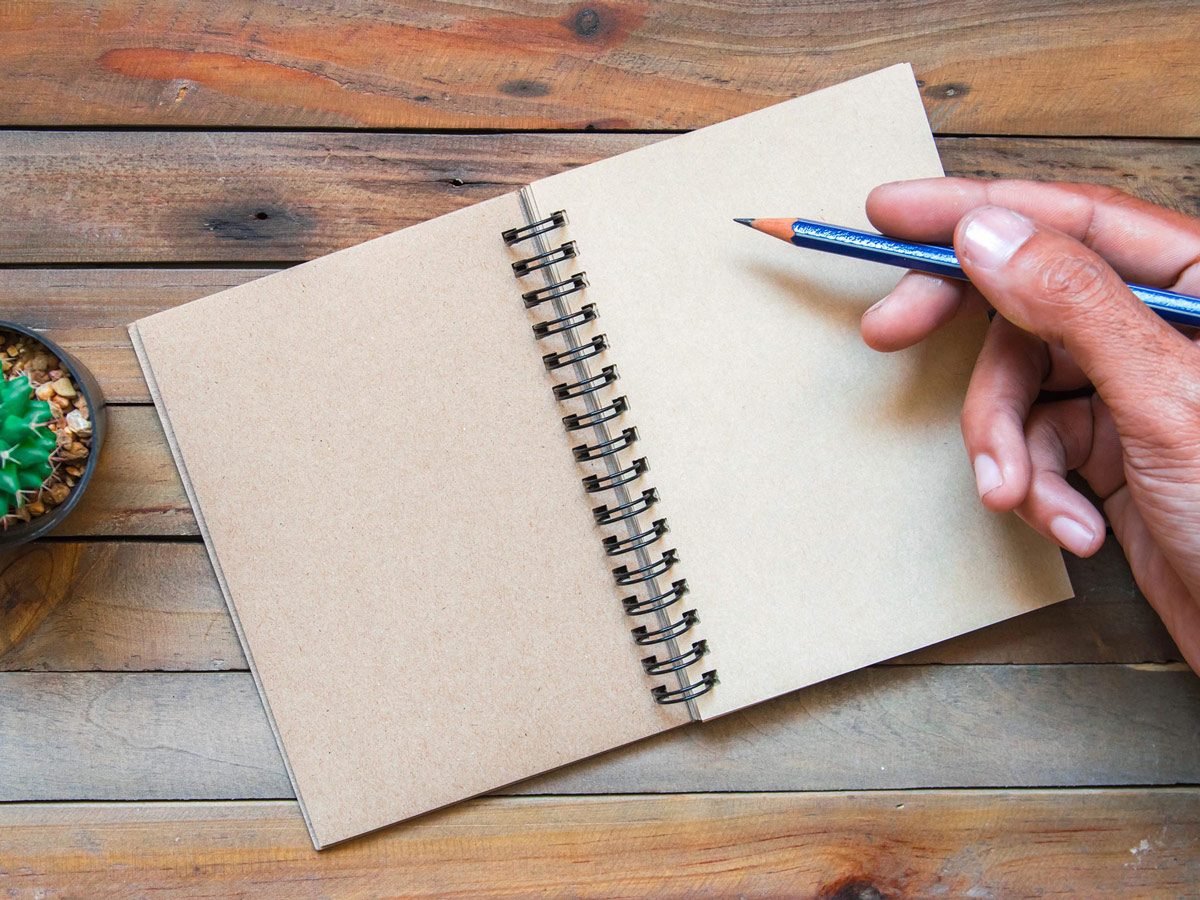
Accept what you can control and release the rest
If you struggle with anxious feelings, you may also have control issues. So when the to-do list becomes overwhelming, that’s the time to step back and assess what is reasonable and what you have to let go of. If you’re hosting a dinner and you know that Aunt Martha will complain if the stuffing isn’t keto-friendly, it’s okay to suggest that she might want to bring a side she’ll be able to enjoy. Fredrickson recommends making a list of the things you feel are top priorities, to keep your focus on what matters most. She says, “What’s important? Think about what is really important as you approach the holidays. Make sure your list includes things that are important to you, rather than only focusing on creating good experiences for your family.”
Learn to spot the warning signs of high-functioning anxiety.

Buy gifts from the comfort of home
Skip the Black Friday crowds and wait for Cyber Monday to get your gifts—you can get your entire gift list done without getting out of your pajamas, Dr. Larsen says. Sure, the Internet has its drawbacks, but there’s no question it’s made life easier for shopping. And with online gift-wrapping options, it’s never been easier to have gifts sent directly to the relatives. Consider yourself a tech genius this season and eliminate your to-do list worries.
Need ideas? Add these practical presents to your holiday shopping list!
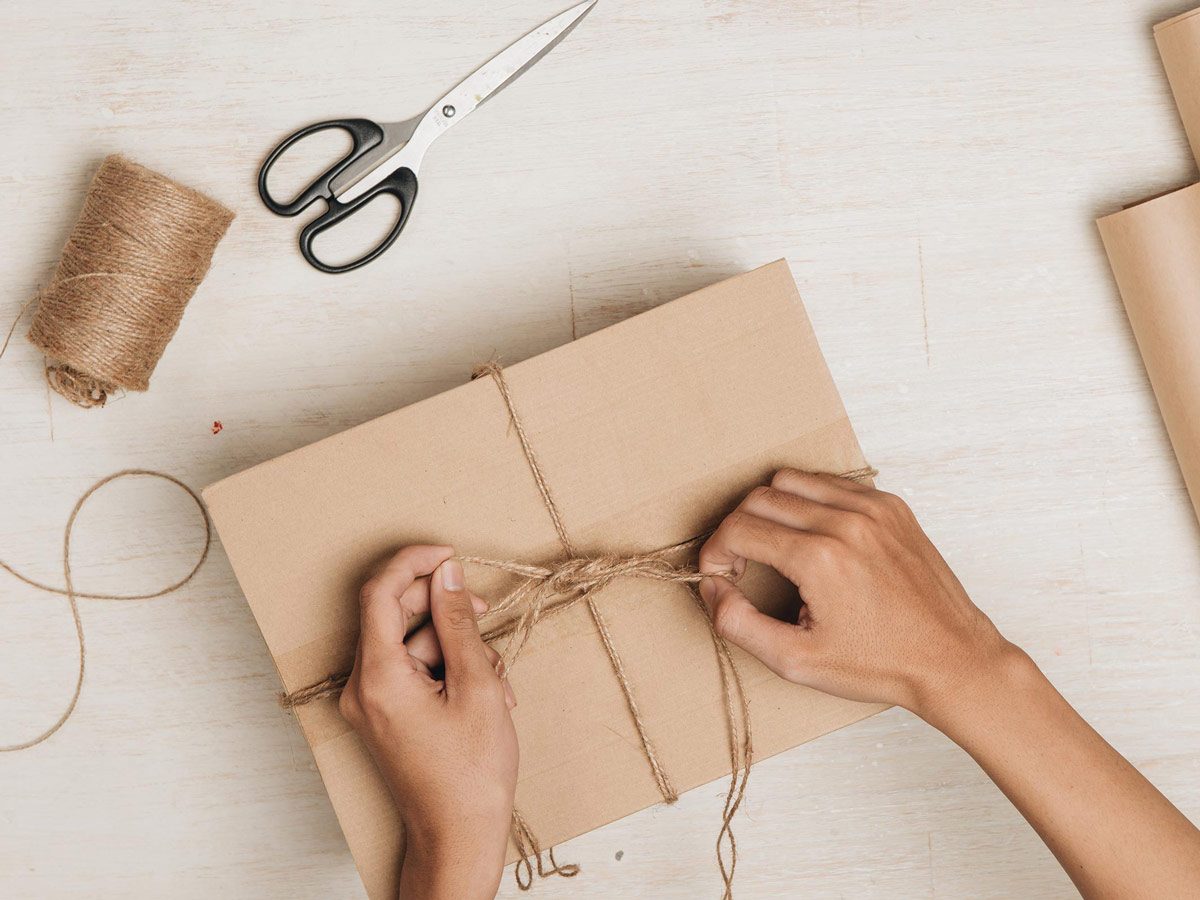
Delegate the details
If you’re facing a panicked rush to get things done, why not hand off some of the to-do lists to your partner or a friend? If you know you’ll never be able to wrap every gift on time or schedule the carpet cleaning you’ve been putting off, recruit help. The same goes for holiday meals. While it’s true that the host often provides much of the main meal, why not ask people on the guest list to provide a side or dessert? “There are no prizes for doing everything on your own: Delegate,” says Barbara Greenberg, PhD, a clinical psychologist and the co-author of Teenage As A Second Language. “Remember people should come together during the holidays and help each other, right?”
Learn the difference between an anxiety attack and a panic attack.

Moderate your sugar intake
What are the holidays without all the special holiday treats? Unfortunately, while one or two treats a day can be festive and fun, too many of us overdo it. Learn to say no (and mean it) to things you don’t really love or to extra helpings, even when people are pushing you to eat it, will help reduce stress in the long run, says Samantha Markovitz, a board-certified health and wellness coach. “Be gentle and kind but there’s no need to apologize for prioritizing your well-being when it comes to holiday foods,” she says.
Discover all the ways sugar is making you sick.

Know your limits and respect them
Happy holidays start with setting healthy boundaries, Dr. Larsen says. For instance, if hosting the holiday festivities is simply too much of a strain on you or your family, ask someone else to take it on this year. Stress and anxiety can make even the most well-intentioned hostess less than jolly, and chances are good that there’s someone in your family who would love the chance to show off their culinary skill. “Know your limits,” Dr. Greenberg says. “If it is difficult to be with your family for too long before you start getting irritable with each other, then set a time limit in advance.”
These healthy habits are proven to boost your brain health.
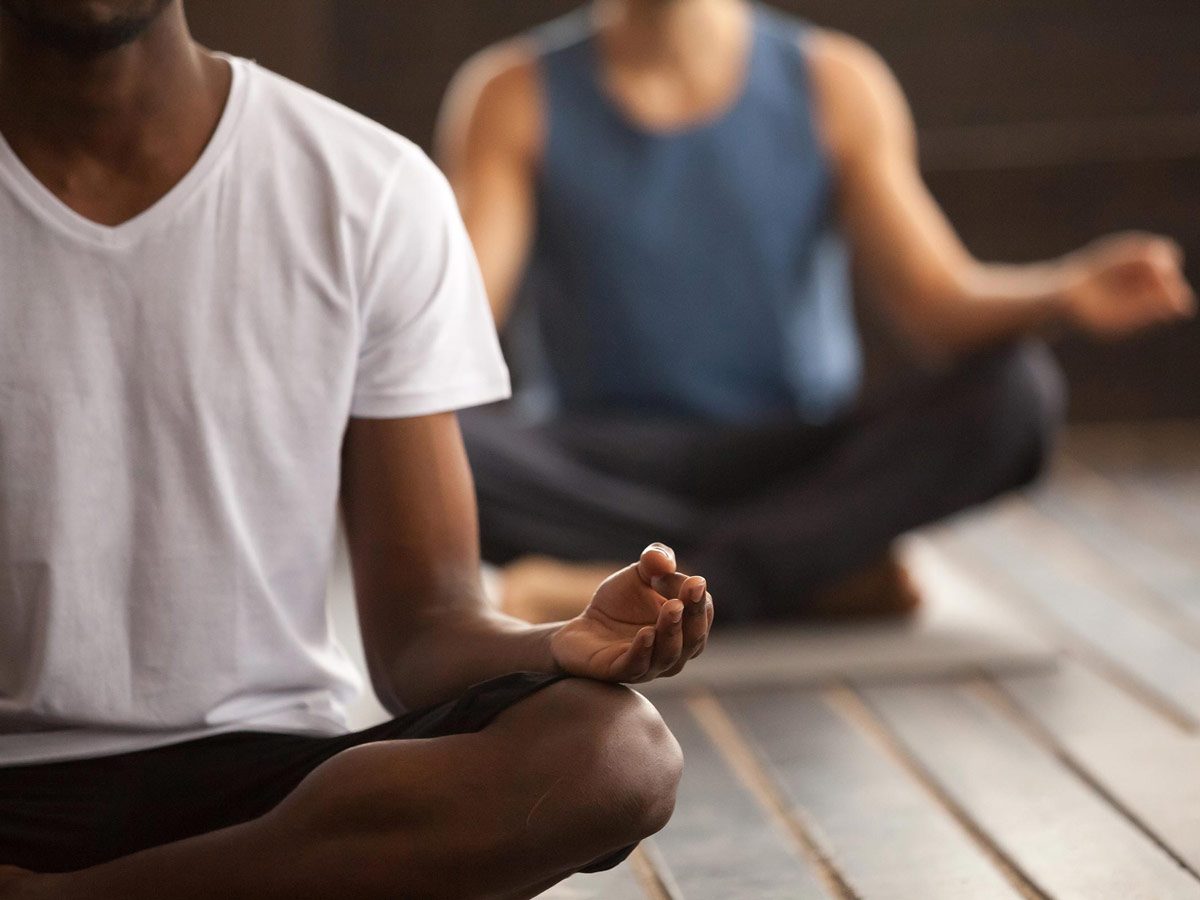
Make time to move
While it might seem counter-intuitive to add something to your already long to-do list, when it comes to exercise, it’s worth adding an extra checkbox, Dr. Makekau says. Activity has many health benefits, including reducing blood pressure and stress, and it doesn’t have to be strenuous, she says. Even just a short walk around the block can really go the distance in making the holiday grind more bearable. Exercise doesn’t have to produce heavy breathing and sweat to count—so find something that gently allows your body to expend its extra energy, and go with it.
Check out the health benefits of walking 10,000 steps a day.

Prep your way to less stress
You’ve probably heard the saying, “Fail to plan? Plan to fail.” That’s a little harsh, but there’s no question that having a holiday-prep plan will help ensure the success of your season, Dr. Greenberg says. Take a look at your seasonal to-do list and make notes about the things that can be taken care of in advance. Can you bake and freeze some dinner or dessert items now? How about sending out the invitations early, with your requests of what others should bring for the meal included? Some things don’t need to wait to be done until the week before the big day. Take advantage of the time you have, and take action now, she says.

Maintain realistic expectations of yourself and others
Family relationships are complicated. Add in holiday pressures and heightened expectations for a perfect holiday, and you’ve got a recipe for disaster. Instead of expecting a perfect holiday staged by Hallmark, keep your vision of the day realistic, Dr. Larsen says. Instead of expecting everyone to be on their best behaviour at all times, accept that things will likely go wrong and it will be okay, she says. “It is crucial to keep expectations at a reasonable level,” Dr. Greenberg adds. “If we set the bar too high and expect family get-togethers or other celebrations to be perfect, then we are setting ourselves up for disappointment.”
Here are more things people with anxiety will understand.

Limit alcoholic beverages
Between fancy holiday cocktails and extra parties, it’s understandable that many people see the holidays as an excuse for excess and indulgence—but that doesn’t mean you should have an extra glass of wine, Dr. Greenberg says. Not only is it just a short-term solution to soothing frazzled nerves but it can exacerbate other problems like depression and insomnia. “Keep the drinking of alcohol to a minimum,” she says. “Too much alcohol leads to saying the wrong thing, behaving in a clumsy manner, and unintentionally bruising the feelings of others. It also leads to embarrassing yourself and your family.”
Watch out for these warning signs of binge drinking.
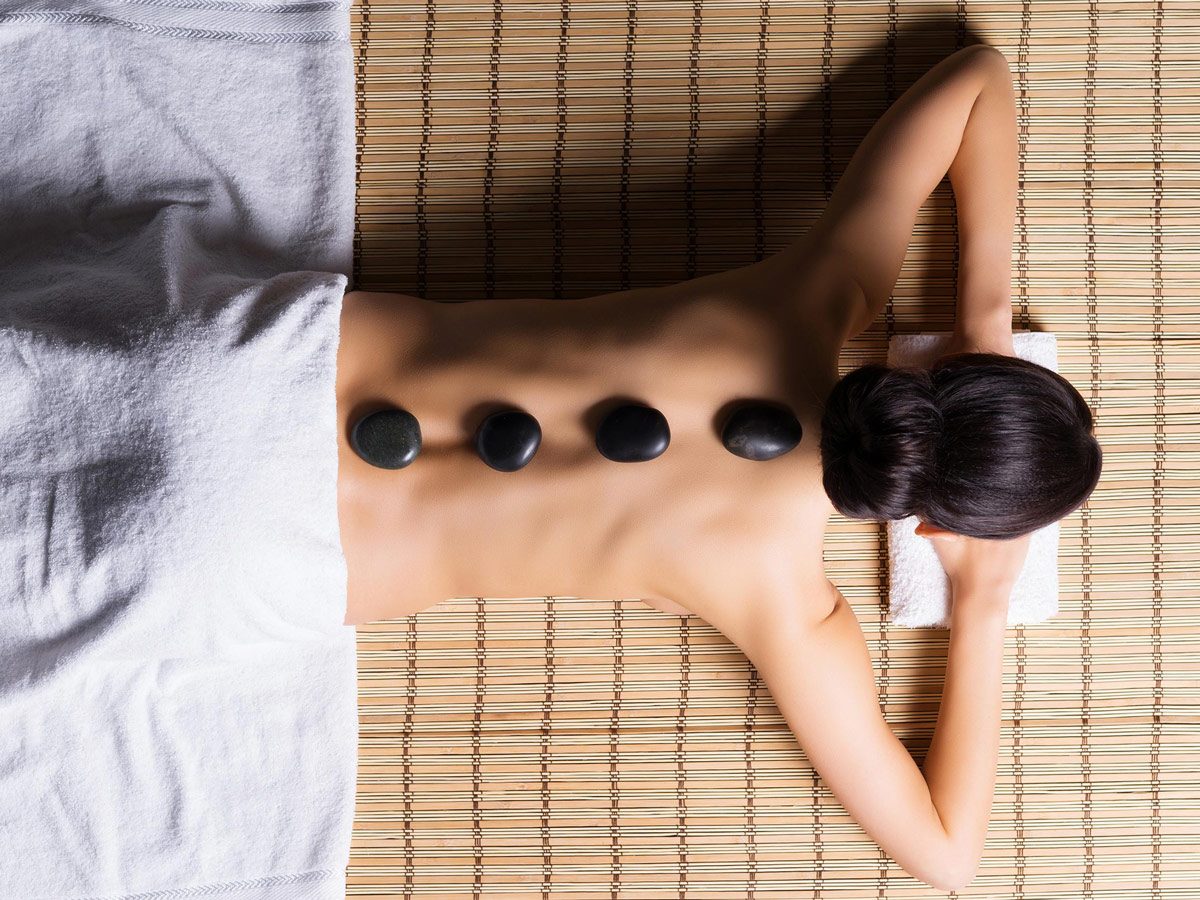
Make a date with yourself
The holidays can be a chaotic time with friends and family and it’s a good idea to schedule some alone time, Fredrickson says. This could be arranging with your partner or a sitter to watch the kids for an hour while you go to the spa, hit a bucket of golf balls, or take a quiet walk. Resist the pressure to spend every single minute of the holidays with loved ones; seeking some solitude is both healthy and necessary to reduce stress, she says.

Spend some time outdoors
Many holiday activities are indoors due to the frosty weather but it’s important to make time to go outside, even when it’s chilly, Markovitz says. “Forest bathing” is a funny phrase to describe the feeling of well-being that comes from simply being outdoors, in nature. It offers a host of health benefits, including a deep state of relaxation. Take a wintry walk, skate on a frozen pond, go sledding or sit bundled up outdoors and enjoy the festive scenery.
Here are more health benefits of cold weather.

Hit “pause” on family arguments
Old tensions, political differences, blended families with ex-spouses and new loves—for a lot of people, getting together with extended family to celebrate holidays is a mixture of good and bad. If tensions and disagreements arise, consider pressing pause, at least for now. “Holidays are not the time to resolve family conflicts,” says Prakash Masand, MD, a psychiatrist from Duke University and founder of the Centers of Psychiatric Excellence. “Many individuals use the family holidays to try to resolve longstanding conflicts with family members often with disastrous consequences, particularly when alcohol is involved. Leave addressing those issues to a later time in a one-to-one conversation.”
Don’t miss these tips on how to prevent your holiday dinner from descending into a political debate.

Do your shopping in short bursts
In an interesting study done by eBay and Lightwave, researchers strapped emotion-tracking devices to 100 people and sent them holiday shopping for an hour. The findings? People’s heart rates increased by an average of 33 per cent while shopping, about the same increase seen in someone who’s running a marathon, notes Dr. Masand. A majority became fatigued after just half an hour. “There’s so much to do: buying presents, cooking, decorating and more. Saving it all for the last minute will raise your stress,” says he says. “Start a few weeks ahead of time and do a little at a time.”

Carry a bottle of hand sanitizer and get a flu shot
Getting a cold or flu is a huge stress on your body and mind, particularly during the holiday rush. But unless you become a holiday grinch and stay in your house for the entire season, you can’t avoid germs completely. Instead of hiding, protect yourself by keeping your hands as clean as possible by washing your hands and using hand sanitizer, Dr. Makekau says. And while it’s not the most festive gift, a flu shot may be one of the most practical presents you can give yourself, she adds.
Follow these tips to avoid catching a cold this season.

Do less!
The number-one stressor during the holidays is lack of time, according to a survey by the American Psychological Association. A full two-thirds of people surveyed often or sometimes feel worried about having time to fit everything in, including family visits, cooking, shopping, decorating, and working. If you find yourself feeling stretched thin every holiday season, why not give yourself permission to do a little bit less this year, Dr. Larsen says. Jot down a quick list of all the parties, activities, and traditions you “need” to fit in and then prioritize. The ones that end up near the bottom—they’re optional.
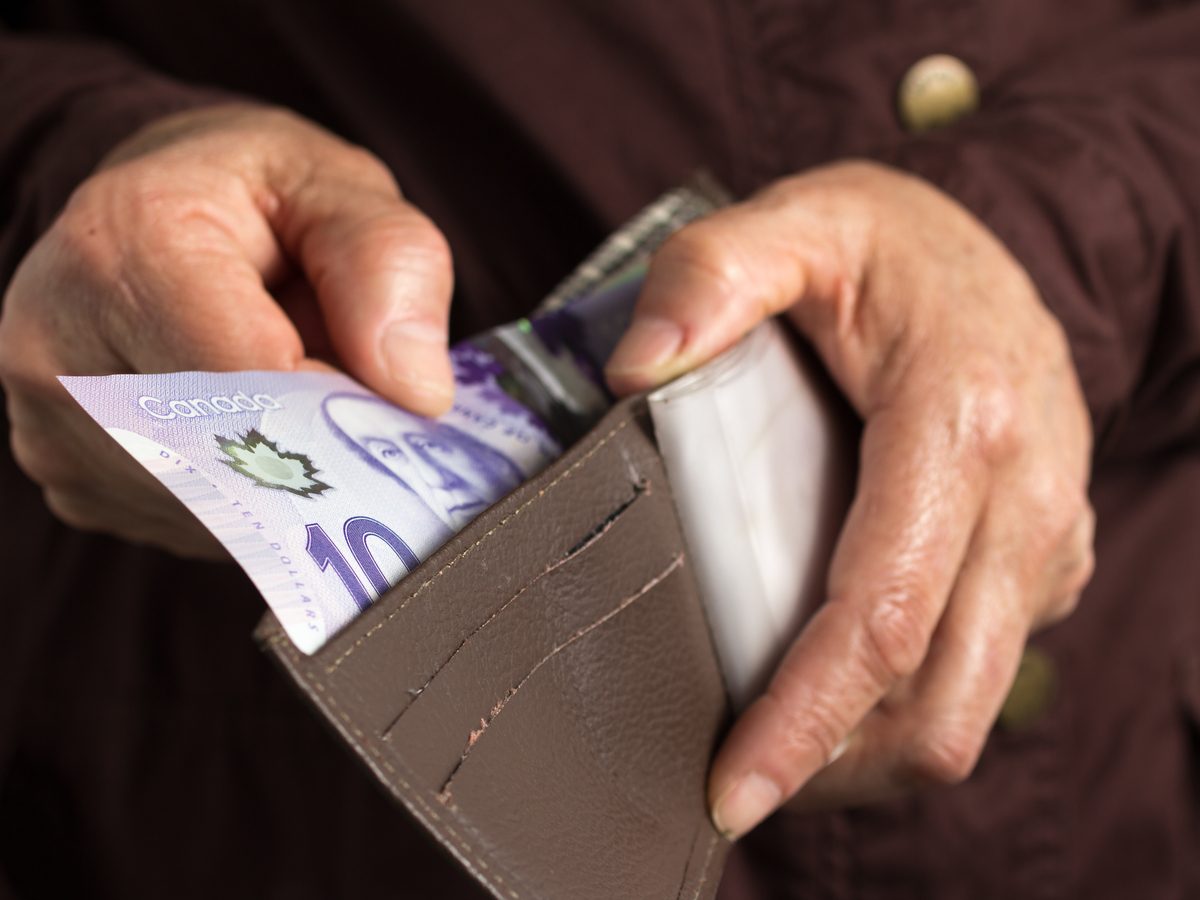
Stick to a budget
Money is the second-biggest source of holiday stress, according to the APA survey. That’s why Dr. Masand suggests making a holiday budget and sticking to it. “Every parent wants to buy that perfect holiday gift for their child, but big-ticket items can take a toll on your wallet and your stress level,” he says. If you exchange gifts with extended friends and family, “consider a grab bag gift exchange where each person buys only one gift to alleviate the stress of having to get something for everyone.” Of course, gifts aren’t the only expenses of the season—there’s also food. “Let others help,” says Dr. Masand. “Don’t feel like you have to be the hero of the holiday season. Ask each person to bring a dish to dinner, make decorating a family activity where the kids help out.”
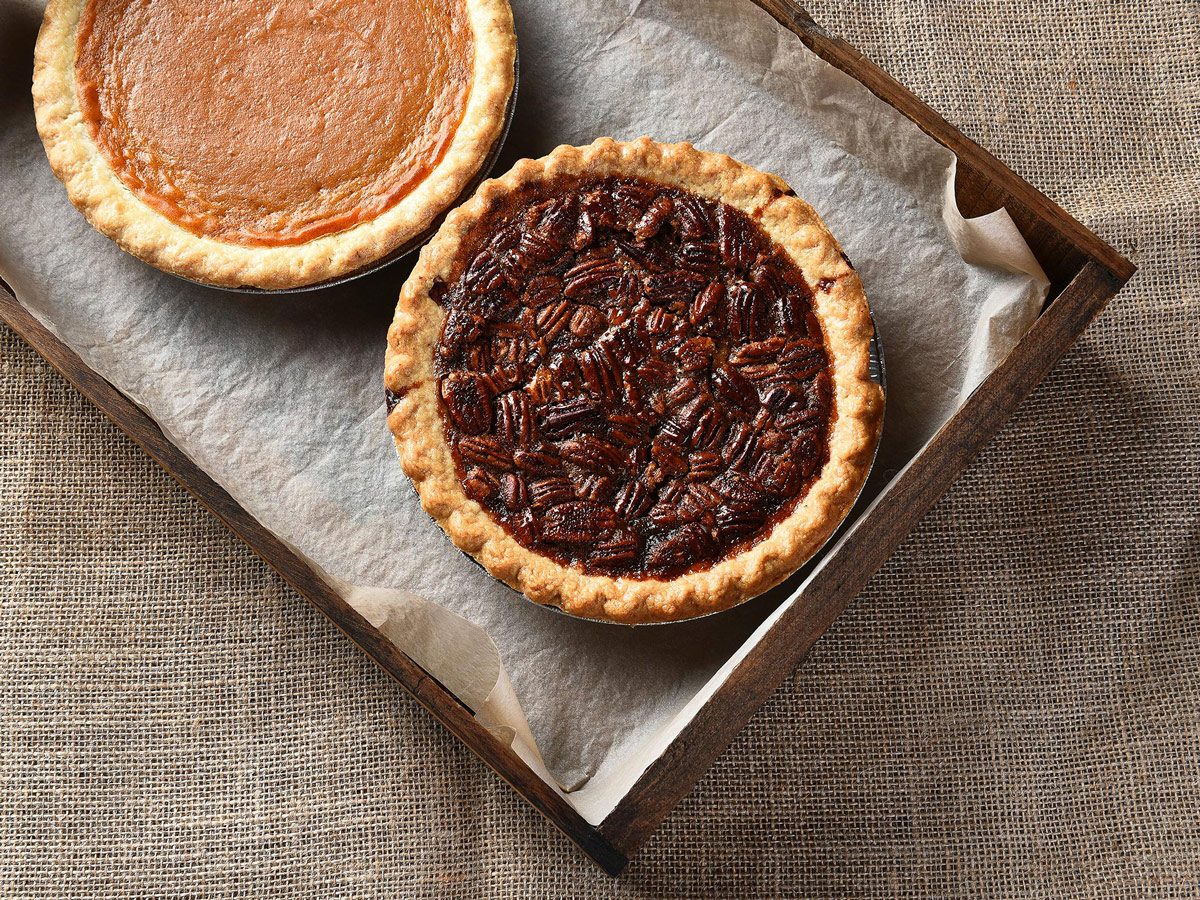
Go store-bought instead of homemade
Do you always bring the pie for the holiday meal, always homemade? If this year has you feeling overwhelmed or overworked, consider giving yourself the gift of time and buy one instead, Dr. Greenberg says. Store-bought or cafe-bought desserts can be just as enjoyable, especially if you’re not stressed out and exhausted when you eat them!
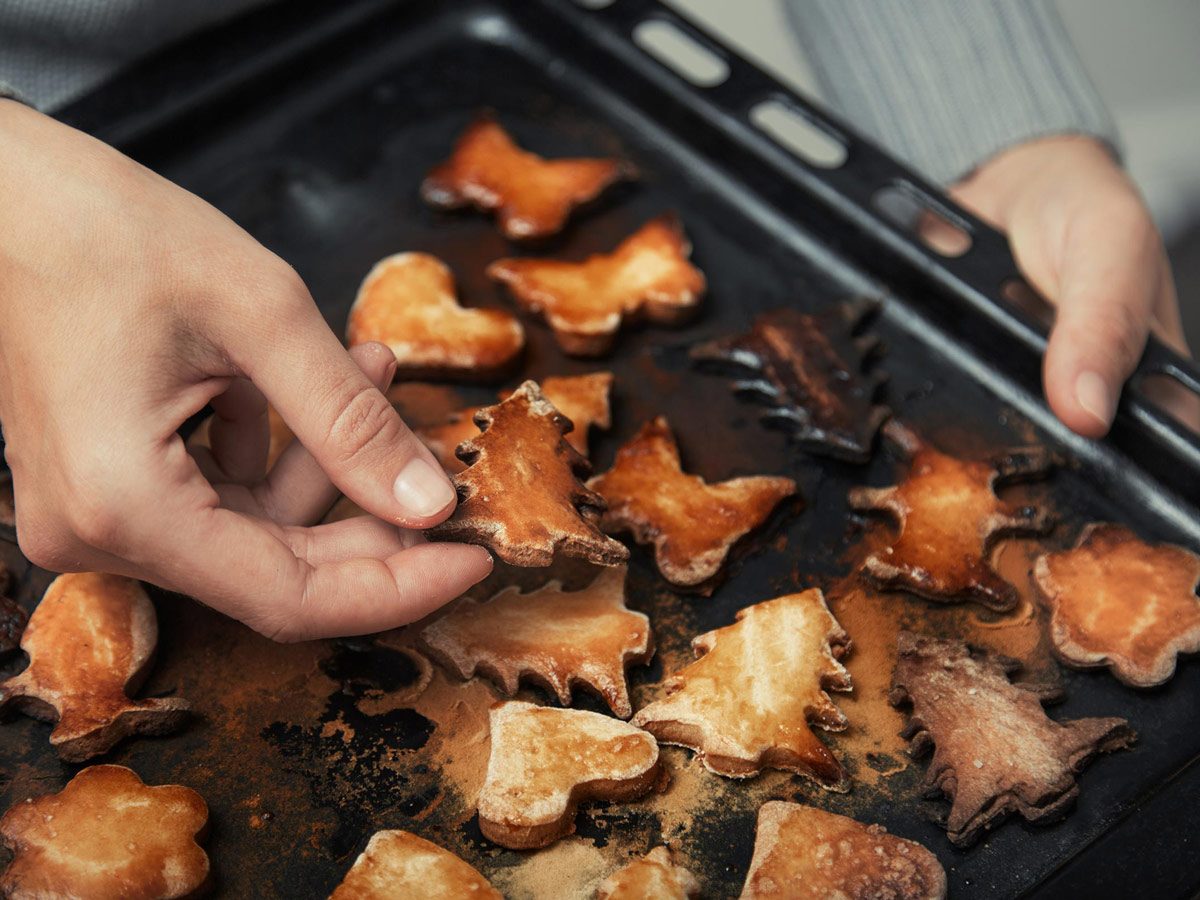
Don’t sweat the small stuff
Too many people strive for perfection during the holidays. Instead, consider aiming for good enough. “Expect things to go wrong,” says Dr. Masand. “Your son may hate his Christmas gift. Your daughter might get sick. You may overcook the ham. The point is things will go wrong. Appreciate the season for the time spent with loved ones and create new memories, and don’t sweat the small stuff.”

Draw firm boundaries between work and family
Many people have to work regular schedules in the days leading up to the holidays—those in the travel industry, retail, hospitality, and food services may have to work even more than usual. Other than requesting time off as far in advance as possible, those work schedules can’t necessarily be controlled. What can be are your boundaries when you’re not at work. Thirty-four per cent of people in the APA survey said they experience significant stress worrying that work obligations will impede on their holiday celebrations. So when you’re off the clock, stay off, Dr. Larsen says. Make it clear that you can’t respond to texts or emails on your days off, and don’t let yourself feel pressured into filling in for co-workers who ask to swap shifts.
Using these simple phrases will help you succeed at work.

Look out for the holiday blues
Those of us who have lost loved ones or are facing other difficult life situations may feel especially sad during this time of year when everyone is supposed to be jolly. Don’t ignore these feelings of grief or sadness, Dr. Larsen says. Not only is it okay to express these feelings during this time of “cheer,” it’s healthier to do that than to ignore or suppress them, she says. Reach out to a therapist or a good friend if you are feeling overwhelmed by sadness.
Consider these psychologist-approved ways to help someone with depression.

Turn up your favourite holiday tunes
Music is one of the ultimate de-stressers—it’s been found to reduce pain, alleviate anxiety, increase immune functioning, and increase positive emotions, says Azizi Marshall, founder and CEO of the Center for Creative Arts Therapy, Artful Wellness & Psychology Arts. Make a playlist of all your seasonal jams and then crank the tunes when you’re feeling overwhelmed, he suggests.
Find out what your favourite type of music can predict about your personality.
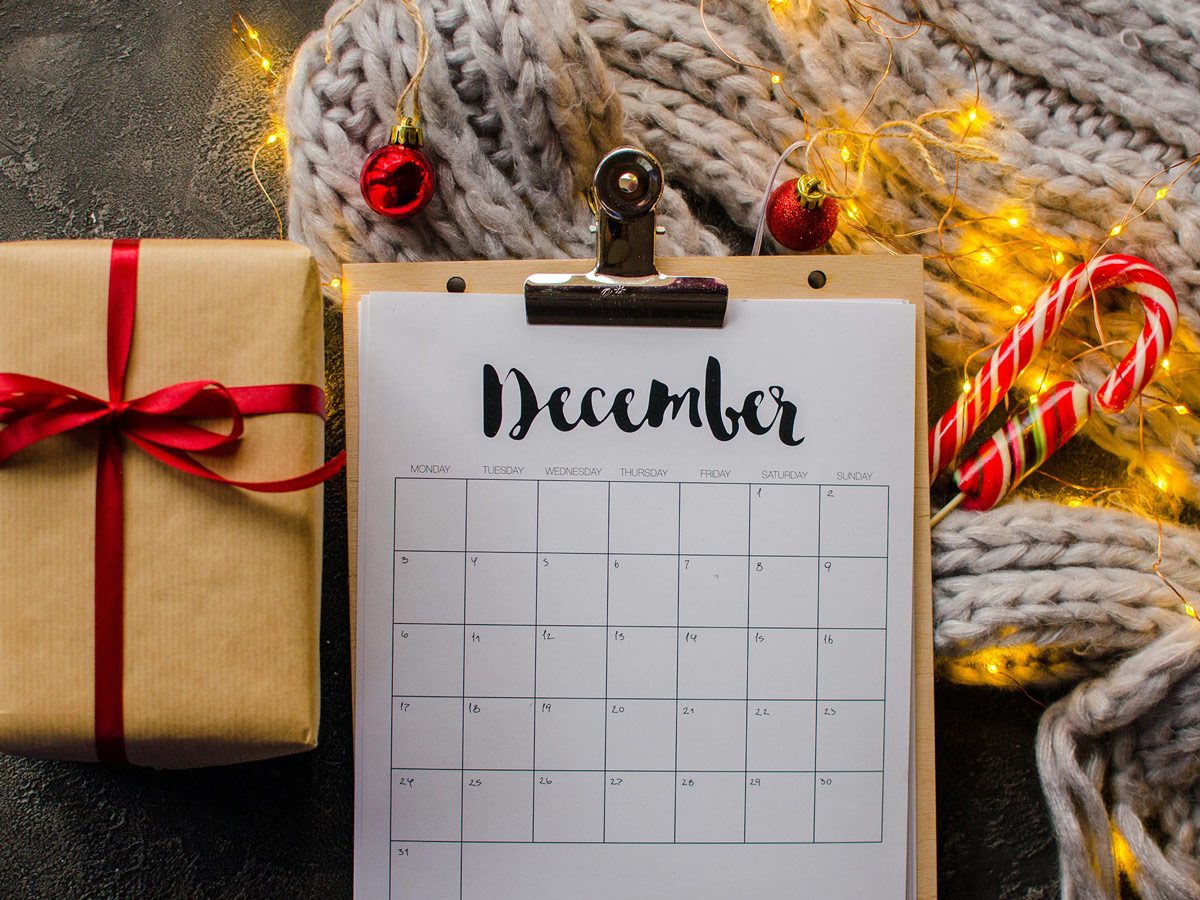
Remember that ultimately, a holiday is just a day
“The holidays are filled with both joy and stress,” says Ellen Braaten, PhD, an associate professor of psychology at Massachusetts General Hospital. If you find yourself feeling extremely overwhelmed by emotions, pressures, or obligations this year, try to shift your perspective by deciding what’s most important and what you want the holidays to mean to you. “The holidays are just another time of year, certainly something to mark, but not the end-all, be-all,” she says.

Focus on the good
Yes, the holidays can be stressful and difficult. But they’re also full of joy for many of us. The APA survey found that 78 per cent of people report feeling happy, 75 per cent feel love, and 60 per cent report being in high spirits this time of year. So don’t lose sight of what you enjoy most about this time of year, whether it’s the twinkling lights, music, food, or fellowship.
These new health studies could have a major impact on how you live your life.